Narcissistic Abuse Syndrome… Like many people who’ve endured Narcissistic and emotional abuse, you probably didn’t realize what was happening to you – until you reached a point of near insanity and began searching desperately for reasons why your fairytale romance took a grievous turn for the worse.
Further, the person you love has made you feel you can’t do anything right. The salvation of the relationship always lies on the distant horizon and is entirely dependent upon your changing something about yourself – which is impossible to do (in spite of frantic efforts on your part) – because your self-absorbed mate constantly changes the goalposts.
These shady behaviors on your partner’s part are indicators of having a destructive personality disorder. But, there are other very strong signs that your partner may be a Narcissist, which has more to do with how their behavior affects you.
If the following signs describe your life, it’s likely that your partner is a Narcissist, which means your relationship problems are undeniably not your fault.
Related: 17 Manipulative Mind Games Narcissists Play To Disturb Their Victims
6 Signs You Have Narcissistic Abuse Syndrome
1) You almost always feel alone.
Down to the core of your soul. While your partner may be living with you, eating meals at your table, and sleeping beside you in bed, you’ve never felt such stark loneliness. You often find yourself curled in the fetal position, envisioning someone coming to put their arms around you to help relieve your feelings of isolation.
The reason you feel this way is because you’re living with a mirage of the person you love. That person doesn’t exist and, meanwhile, you are being abandoned in every way possible. According to Susan Anderson, author of The Journey from Abandonment to Healing,
Abandonment has its own kind of grief – a powerful grief universal to human beings. The grief can be acute – as when we go through the ending of a relationship, or chronic – as when we feel the impact of earlier losses and disconnection.
Abandonment’s wound lies deep and invisible. It tugs and pulls, making it hard to let go, always acting beneath the surface, spilling primal fear into moments of disconnection, disappointment, and loss, generating feelings of insecurity and self-doubt that persist into future relationships. Unresolved abandonment is a primary source of self-sabotage.
If you feel your partner simply “puts up” with you, only coming around to keep you strung along, it’s because you serve a purpose. If communicating with your partner leaves you feeling unheard, unstable, and frustrated, it’s because they don’t care about you, much less what you have to say.
A person who loves you would want to spend time with you, know all about you, and ensure that you feel safe and cared for.
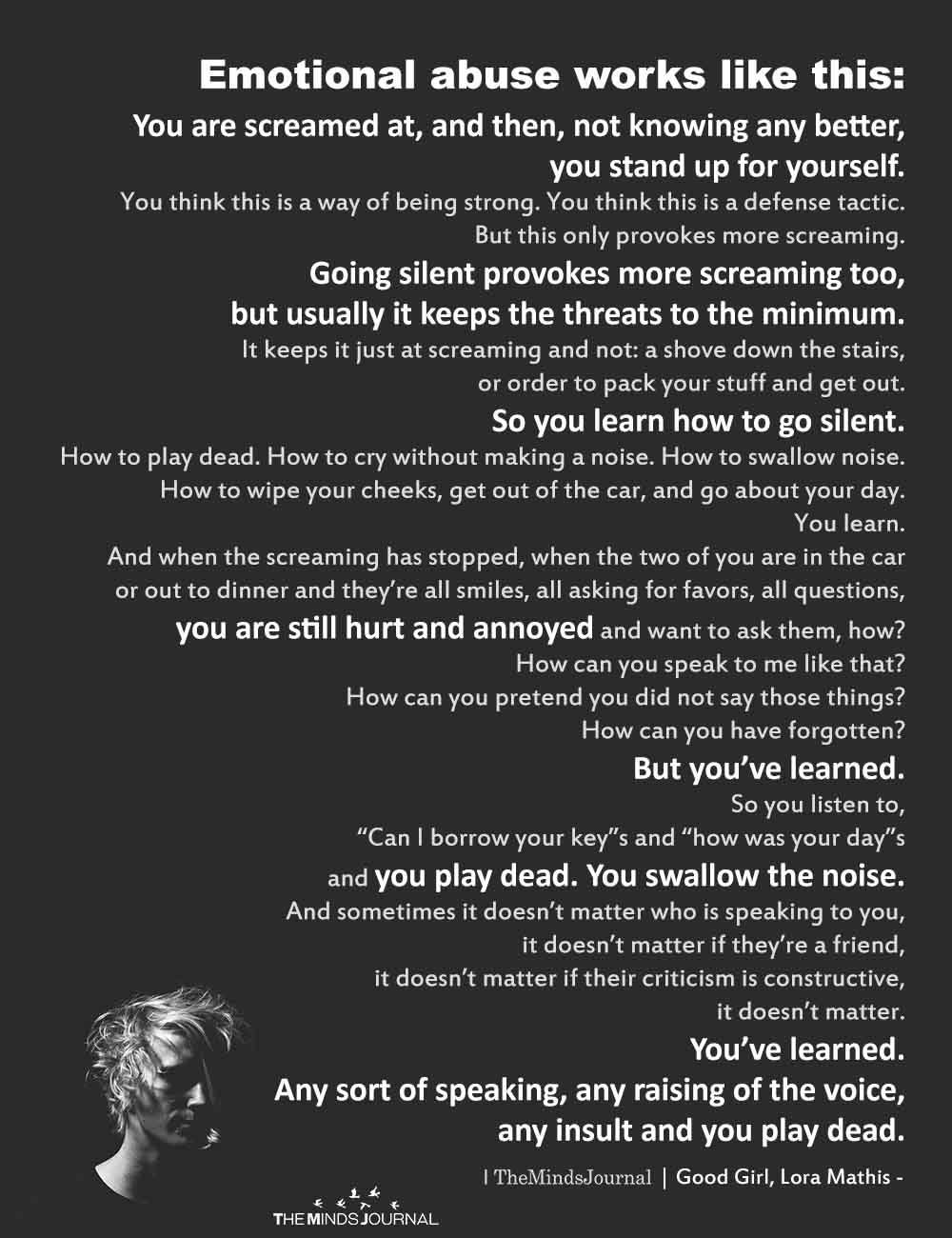
2) You don’t feel good enough.
Although you’ve proven successful in your career, have built a solid foundation for yourself, and receive compliments regarding your accomplishments (and even your looks), you’ve begun to feel like an imposter.
No matter the kudos you receive from the outside world, your partner doesn’t seem to notice, and worse mocks you for them.
Watch out for signs that you are dating a person with narcissistic abuse syndrome
Narcissists mock and ridicule for many reasons, including making themselves appear superior. But, the main reason they mock their victim’s triumphs is because they aspire to destroy their victim’s self-esteem. What better way to keep you under their rule than to make you believe that no matter what you accomplish, you’re “still a loser underneath it all”.
Sadly, this works quite effectively in many cases, resulting in victims of this type of abuse becoming so broken and dysfunctional that they lose everything – careers, children, homes, licenses (such as those required to perform as doctors, attorneys, and therapists), bank accounts, and worst of all, their sense of self.
If you’ve noticed yourself feeling overwhelmingly insignificant inside of your relationship and a failure at life in general – which coincides with the time spent with your partner – this is a sign of narcissistic abuse syndrome.
Narcissists can be angels on the outside and devils on the inside. To understand this read -The Covert Narcissist
Related: 10 Things NOT to Say to Victims of Narcissistic Abuse
3) You feel engulfed by the relationship.
One of the trademarks of individuals with narcissistic abuse syndrome is the way they hijack their victim’s world, effectively consuming every moment of the day.
This engulfment can be observed in the way they call, text, and email numerous times a day (often well into the hundreds), encourage you to detach from friends and family, dictate how you should dress and/or wear your hair, display excessive jealousy, and, sometimes, even control what you eat.
This engulfment also consists of the “walking on eggshells” feeling and persistent anxiety that you experience. This comes from the fear of not knowing what will upset your volatile partner. Therefore, every action you take must be prefaced with a detailed analysis of whether or not it will upset them, and even then, your best thought-out plans may crumble around your feet – leaving you with a gnawing feeling of despair and hopelessness.
Healthy relationships do not make you feel like a prisoner. You should feel free to be yourself and rest easy in your nuclear and extended relationships with friends and family.
4) You’ve begun to compromise your personal integrity and values.
In the past, you stood up for what you believed in, but inside of your relationship you’ve started tolerating (and possibly taking part in) things that make you uncomfortable because, ironically, doing these things is how you’ve come to believe you can show your love to your partner.
You focus all your energies on how to make your partner love you and treat you once again like the soul mate they said you were. Paradoxically, in the “name of love” you may have found yourself watching porn. That may be due to your partner’s insistence, considering a threesome, or other demeaning sexual activities that make you feel sick to the stomach when you think of them.
In other cases, you may resist leaving tips at restaurants, donating time or money, volunteering, and participating in other philanthropic activities. Because your domineering partner has told you those things are a waste of time and money and/or mocks you for doing them.
Even worse, your children may have taken a back seat to the constant drama.
A caring and trusting partner would never force you to participate in things that make you feel uncomfortable or insecure, nor would they coerce you to stop taking part in charitable activities. If your partner has led you to believe that you can only prove your love by violating your values, then you are in an abusive relationship.
There is no loophole in this regard that disqualifies your partner from being abusive, no matter what they would have you believe.
Related: Narcissistic Abuse Recovery: Can You Go Back To Being The Person You Were Before Narcissistic Abuse?
5) You feel unworthy due to your partner’s name-calling.
It’s one thing for your partner to call you pet names or even tease you on occasion, but another entirely to call you “crybaby”, “a moody bi**h” (or “not a man”), “unstable”, “crazy”, or other hurtful names – which are intended to hurt you.
Name-calling is a form of abuse. It is used to belittle you and make you question your worth. It is employed during rage attacks and blame-storms and, alternately, under the guise of joking. Whether your partner is arguing with you or the two of you are having a “good” day, name-calling is never appropriate.
Note that Narcissists and other abusers call their partners names and then pretend that they are kidding (i.e., “You’re too sensitive” or “I was only joking”). This is a trademark of verbal abuse! And, it’s no different with your partner, regardless of whatever excuses they lob at you.
Having a difficult childhood, bad past relationships or stress at the workplace doesn’t give them the right to embarrass you, humiliate you, put you down, or make you feel guilty.
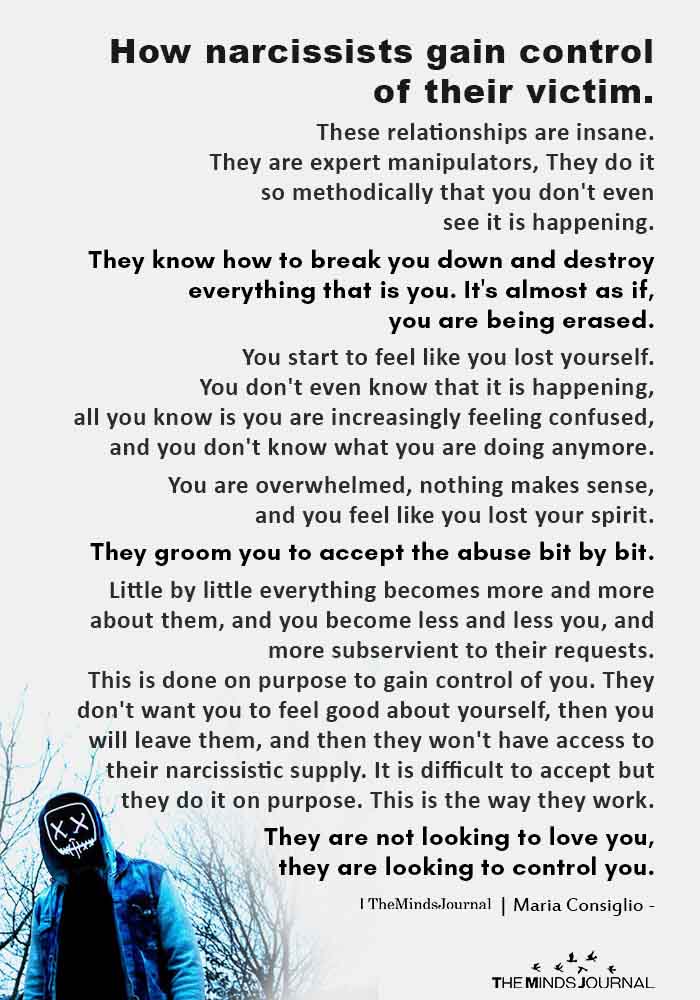
6) You are exhausted by the repeated cycles of Hurt and Rescue.
This tactic preys on your emotions. Here, your partner with narcissistic abuse syndrome causes you a great deal of stress and anxiety and then abruptly relieves that stress.
The most common tactic used by the Narcissist in this category is the silent treatment, which evokes your fear of abandonment. When the Narcissist finally returns, you experience a rush of euphoric relief.
Repeated cycles of hurt and rescue are emotionally exhausting. This is the same method used in police interrogations to get a person to confess, sometimes even when they are innocent!
When the Narcissist returns after numerous stints of the silent treatment, you are emotionally defenseless and more prone to accepting their offensive behaviors in order to avoid their leaving you again. Further, this often leads to your pleading, apologizing, and begging the Narcissist to stay, even when you have done no wrong.
Hurt-and-rescue cycles explain why narcissistic abuse victims experience cravings and obsessive thoughts once No Contact has been executed.
According to an experiment inspired by Langer, Blank, and Chanowitz (1978), and recently conducted by Dolinski and Nawrat, when the event that provokes and justifies one’s experience of fear is suddenly removed (i.e., No Contact with the Narcissist), we may experience a short-lasting state of disorientation. During this period of disorientation, people function automatically and mindlessly, engaging in automatic, pre-programmed actions.
In other words, even when we’ve gone No Contact, we tend to engage in the same obsessive thoughts and behaviors as when we were still with the Narcissist and endured the Silent Treatment because our subconscious minds cannot tell the difference.
Are you a victim of narcissistic abuse? Click here to learn – How To Handle Narcissistic Abuse
Related: Healing From Narcissistic Abuse: Here’s How To Get Started
What It All Means
If you constantly wonder about the status of your relationship, ruminate about what you could do differently, believe the problems in your relationship are all your fault, constantly obsess about what your partner is up to, experience mood swings, are constantly fearful and anxious, and/or feel like less of a person than before you met your partner, these are the signs of Narcissistic Abuse Syndrome and you have been the victim of emotional abuse.
The good news is that you can untangle yourself from a toxic relationship. However, it’s important to understand that the aftermath of emotional trauma needs to be taken seriously.
Books can help, but the most effective programs for recovery include going No Contact (with the help of a coach, if necessary), finding a licensed therapist who specializes in emotional trauma, incorporating energy healing techniques, and implementing healthy boundaries.
Want to realize if you are dating an emotional predator? Read – What You Should Know about Narcissists, NPD, and their Partners
Interested in learning the Why and How of going No Contact? Check out my eCourse, The Essential No Contact Bootcamp for Beginners.
Copyright © 2015 Let Me Reach and Kim Saeed. All Rights Reserved
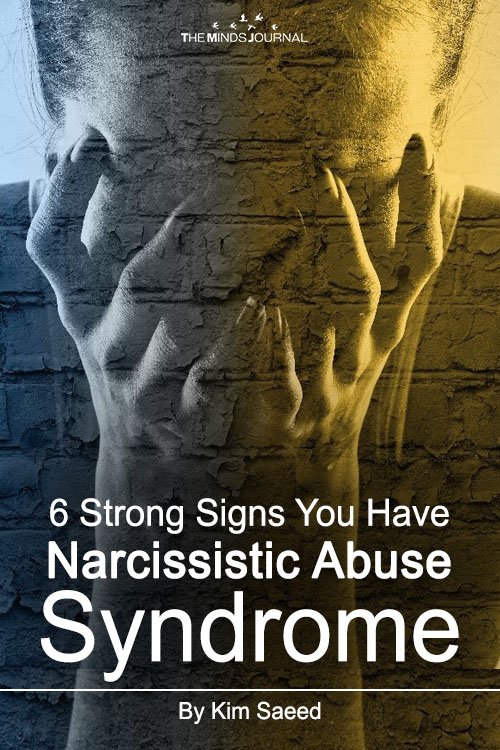
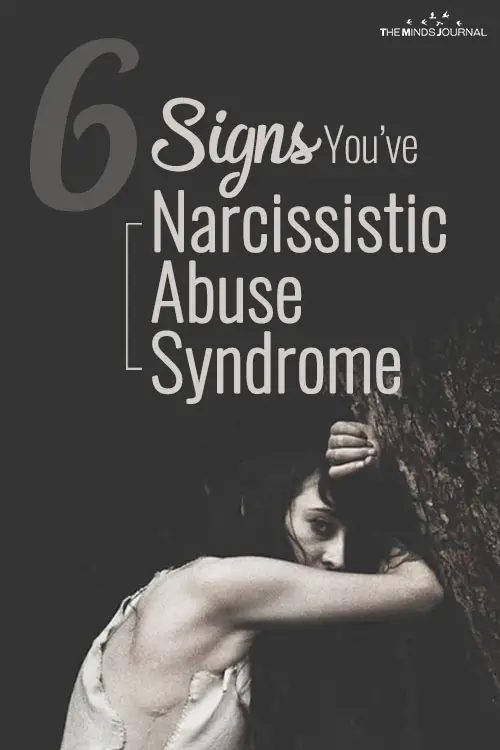
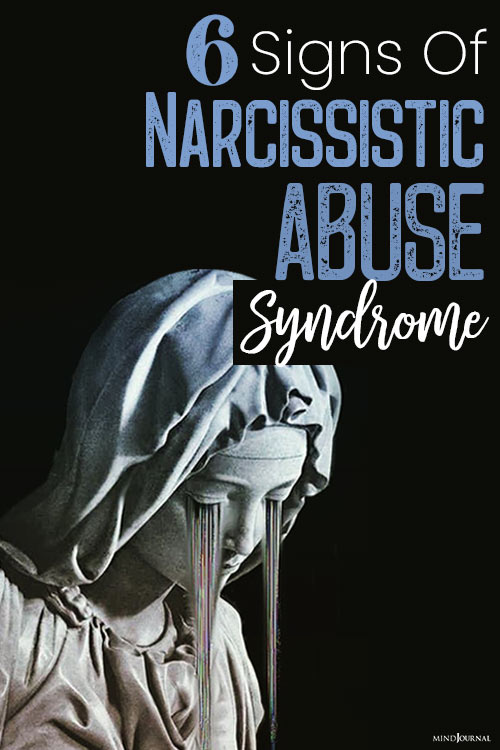
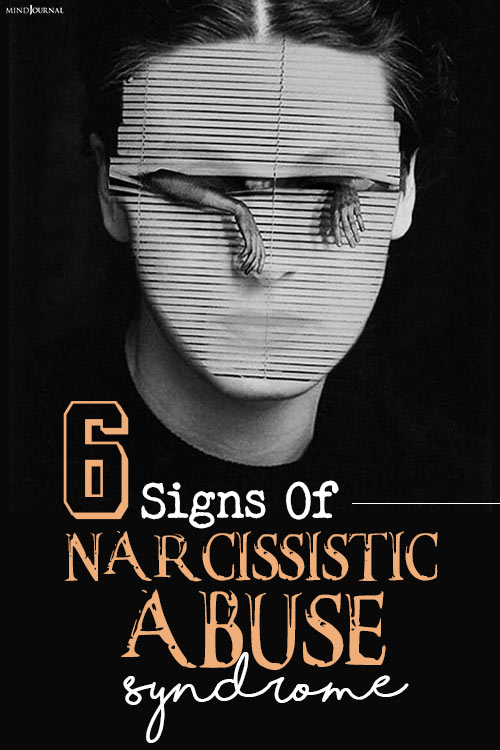
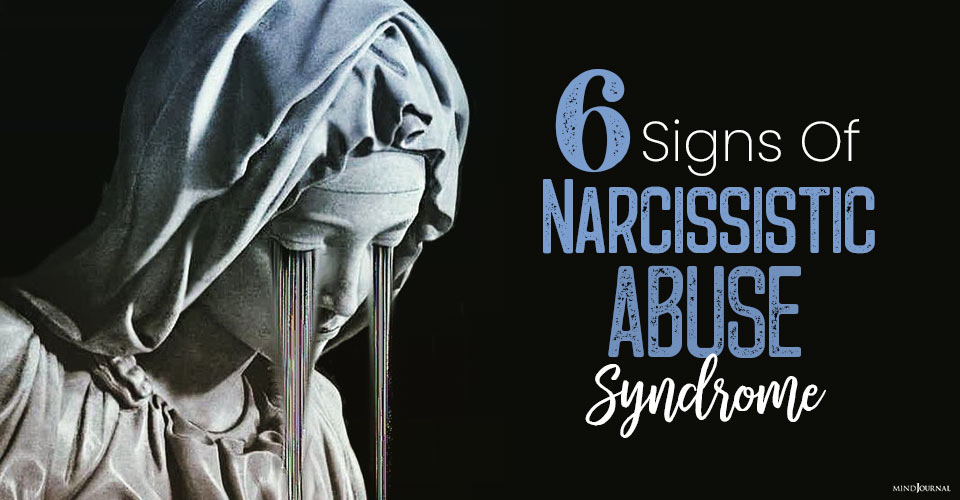







Leave a Reply
You must be logged in to post a comment.